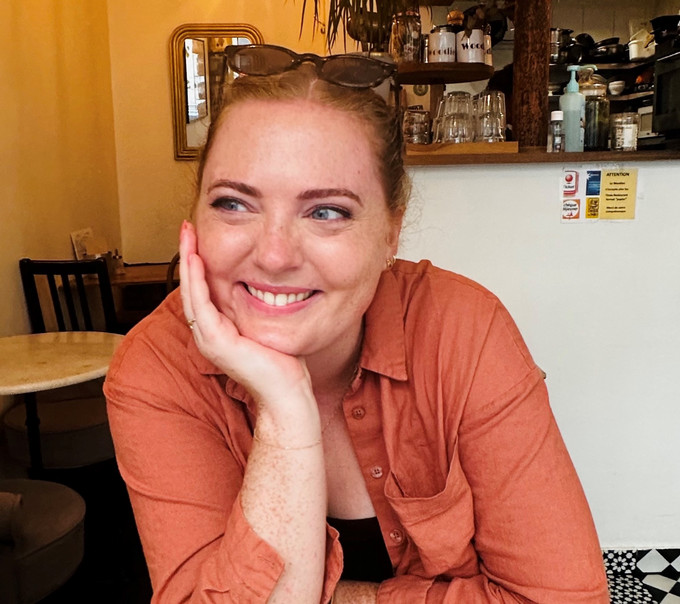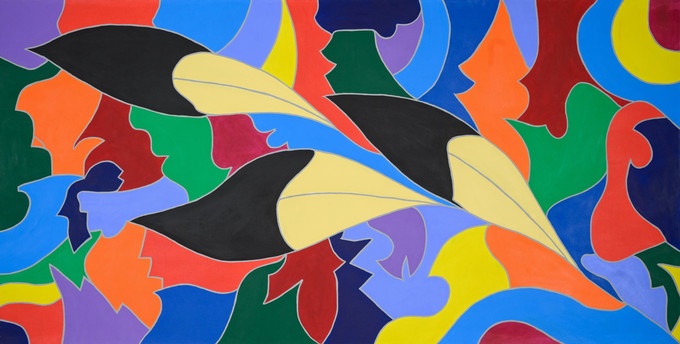
Speakers
Chef Ermine
Chef Kirk Ermine was born and raised in Sturgeon Lake First Nation located 45 km northwest of Prince Albert. In 2001, at the age of 20, he was diagnosed with Juvenile Type 1 Diabetes. This life-altering event shaped the course of his future, as he became more interested in foods and cooking.
Kirk left the reserve to complete his Culinary Arts – Professional Cooking Diploma through the Saskatchewan Institute of Applied Science and graduated in 2006. In 2010, he received his Journeyperson Certificate of Qualification which gave him Red Seal Chef status. Kirk is currently investigating ways to integrate his passion for cooking and interest in traditional First Nations foods with Diabetes Education.
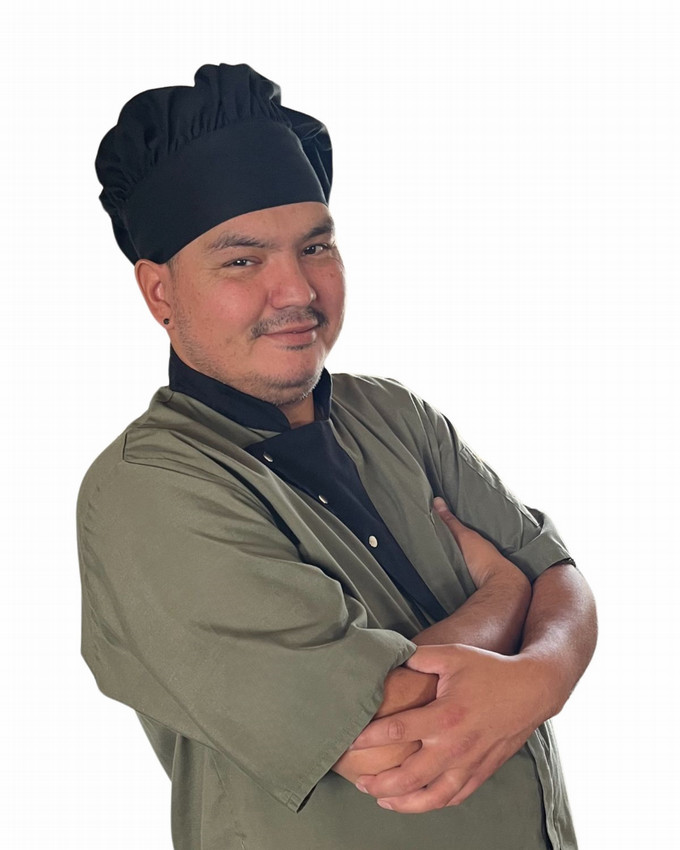
Dr. Blair Stonechild
Blair Stonechild is a member of the Muscowpetung Saulteaux First Nation and is a survivor of the Qu’Appelle Indian Residential School. He obtained his Bachelor’s degree from McGill, and Master’s and Doctorate degrees from University of Regina. In 1976 Blair joined the First Nations University of Canada as its first faculty member and has been Dean of Academics and Executive Director of Development.
Major publications include Loyal Till Death: Indians and the North-West Rebellion, (1997); The New Buffalo: Aboriginal Post-secondary Policy in Canada (2006); Buffy Sainte-Marie: It’s My Way (2012), The Knowledge Seeker: Embracing Indigenous Spirituality (2016), Loss of Indigenous Eden and the Fall of Spirituality (2020), and Challenge to Civilization: Indigenous Wisdom and the Future (2024). Blair is married to Sylvia and has three adult children.
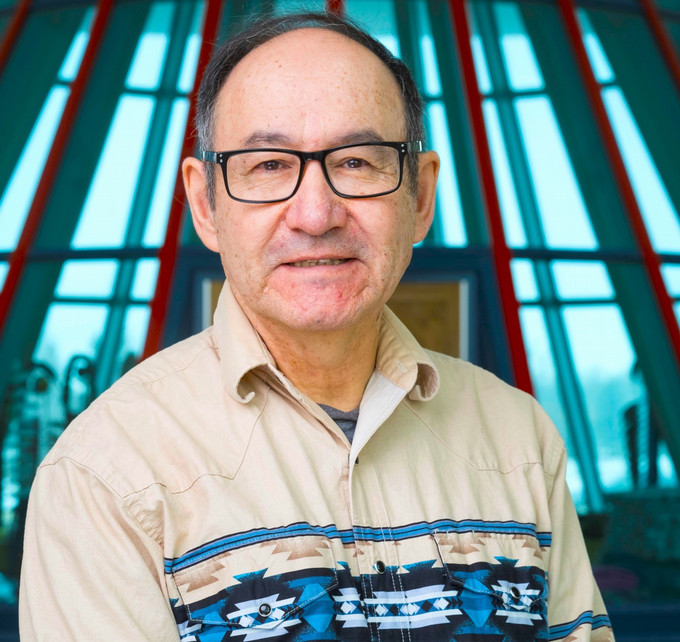
Dr. Marie Wilson
Dr. Marie Wilson (CM, ONWT, MSC) served six years as a commissioner of the Truth and Reconciliation Commission of Canada, traveling nationwide to advance reconciliation. An accomplished speaker, she has shared her insights across North America, Europe, Australia, and New Zealand.
Born in Ontario, Dr. Wilson’s diverse career includes roles as a journalist, teacher, professor, trainer, and executive, with work experiences spanning Canada, France, Burkina Faso, South Africa, and South America. Currently based in Yellowknife, Northwest Territories, she continues to inspire with her commitment to education, justice, and the transformative power of reconciliation.
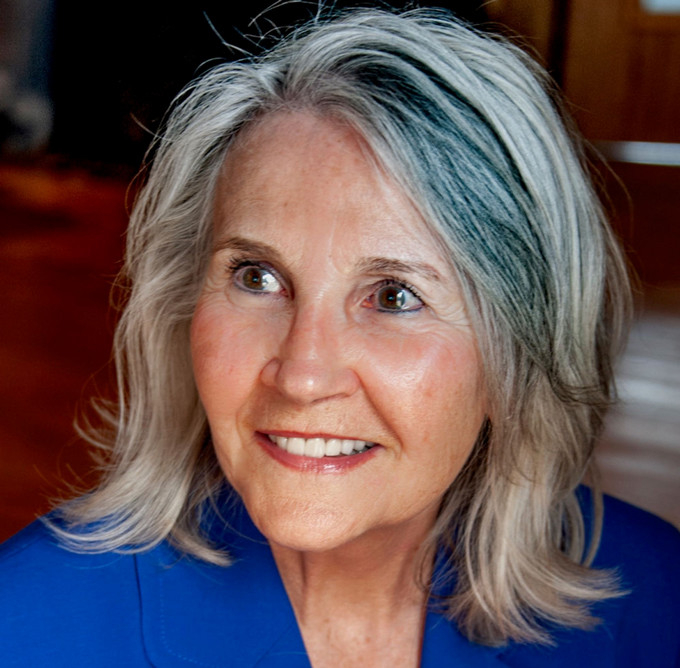
Elder Margaret Keewatin
FSIN Senator Margaret Keewatin is a member of Okanese First Nation in Treaty Four Territory. Margaret works as a Cultural Advisor at All Nations Healing Hospital – White Raven Healing Center.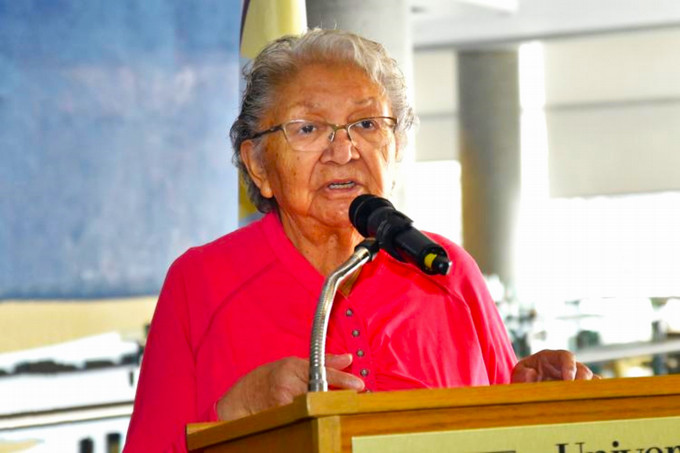
Elder William Ratfoot
William is a member of the Makwa Sahgaiehcan First Nation in Treaty Six territory. William is currently the Elder Advisor to FNUniv Board of Govenors and a member of the FNUniv Kehte Ayak Council.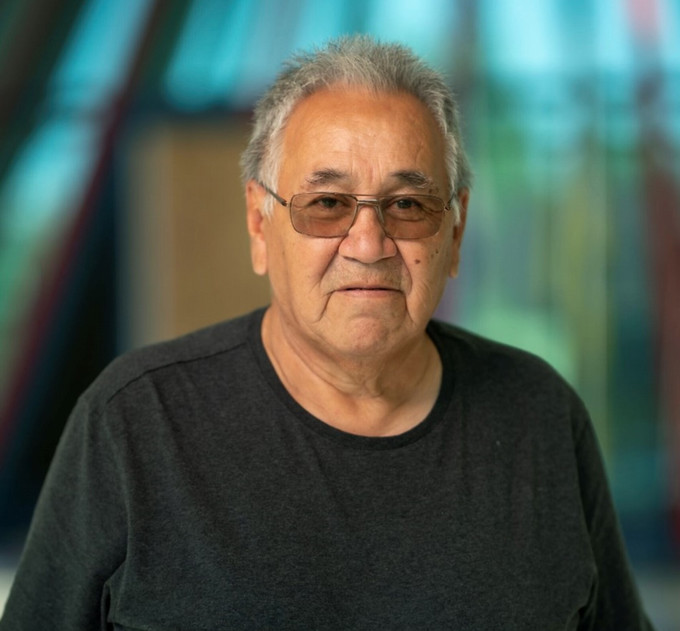
Elder Shelley Belhumeur
Shelley spent two decades in St. Louis (close to where the FNUniv’s Traditional Campus is located) before retiring with her partner of 33 years in the town of Wakaw, Saskatchewan. Shelley, a proud Two-Spirit Elder and member of Métis Nation–Saskatchewan is very involved in her Métis culture. As a Knowledge Keeper/Elder, and Pipe Carrier, she holds ceremonies and teaches cultural awareness throughout the province.
She also serves as an Elder at the First Nations University of Canada’s Northern Campus in Prince Albert, Saskatchewan.
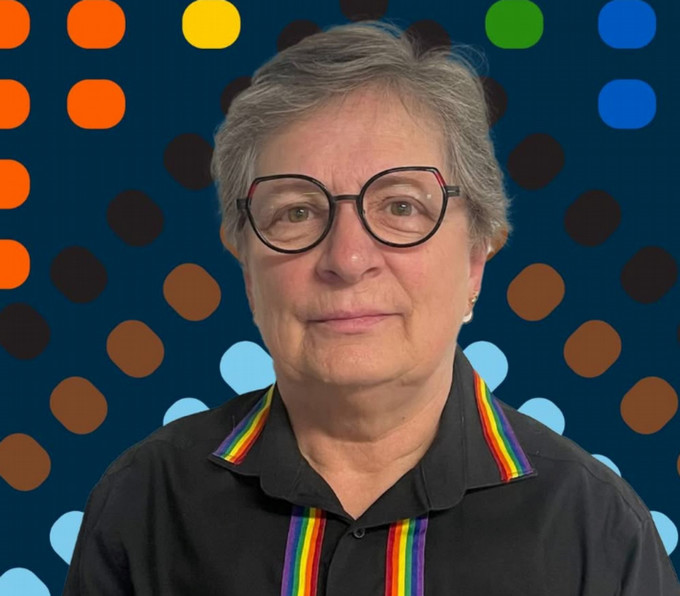
Nelson Bird
Nelson Bird is a former CTV journalist and current lecturer at First Nations University of Canada in the Indigenous Communication Arts Program (INCA).
Originally from the Peepeekisis Cree Nation in Saskatchewan, Bird built a distinguished career in broadcast journalism, spending 26 years with CTV News in Regina. He was a reporter, camera person, anchor, as well as host and producer of the weekly series “Indigenous Circle”. Prior to leaving CTV in June 2024, Nelson was the Assignment Editor at CTV Regina News overseeing daily mainstream newsroom operations as well as ensuring coverage of Indigenous issues, politics, and culture.
Nelson has always used his platform to amplify Indigenous voices and bring attention to the challenges and achievements of First Nations communities. His work earned him numerous awards and recognition, solidifying his reputation as a respected journalist and storyteller. In July 2023 Nelson was awarded a life-time Achievement Award from the Radio Television Digital News Association (RTDNA) of Canada.
Since transitioning to academia, Bird has continued his commitment to Indigenous storytelling and representation in the media. As a lecturer at First Nations University, he mentors the next generation of Indigenous journalists, sharing his expertise in journalism, media ethics, and storytelling.
Beyond his professional roles, Bird remains deeply connected to his community, advocating for Indigenous rights and cultural preservation. His dedication to truth, education, and storytelling continues to inspire students and journalists alike.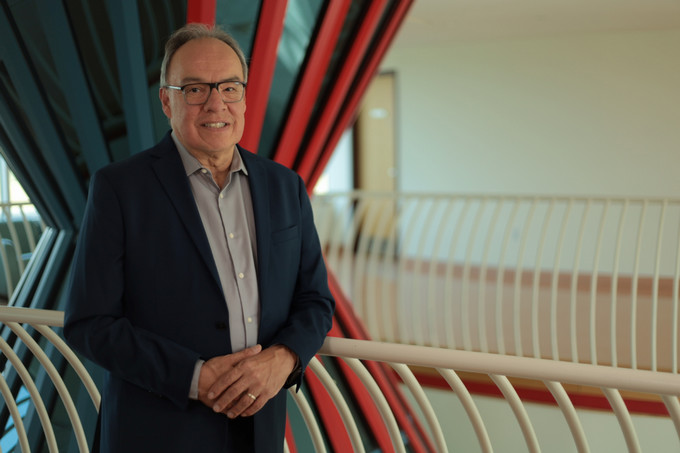
Everet “Chase” Sayer
Everet “Chase” Sayer and his two daughters, Dinaye and Cree Sayer, are members of the Piapot First Nation in Treaty 4 territory of Saskatchewan, Canada. Raised singing in ceremonies, Chase has also enjoyed going across the US and Canada to sing at powwows and round dances. Dinaye and Cree have been singing alongside their father at ceremonies, round dances, and powwows. They are following their dad’s footsteps since they were babies. Together, the three have performed for many different occasions and are always appreciative for the opportunities that their singing abilities have provided them.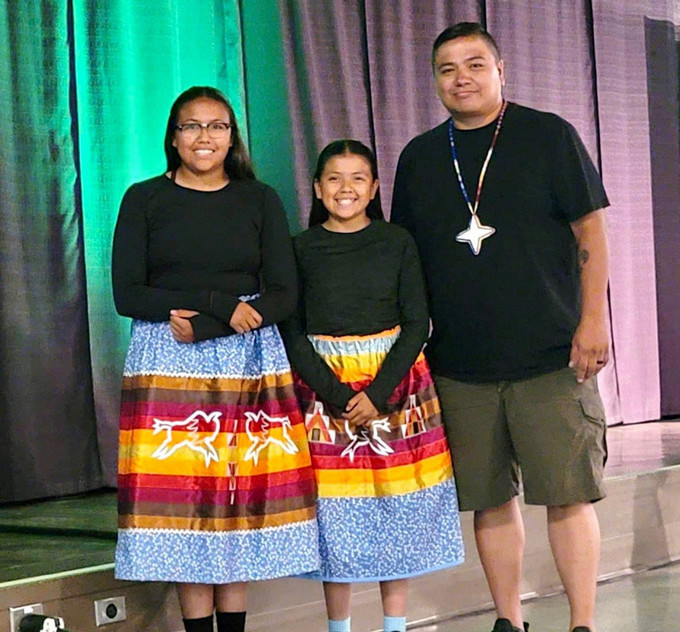
Chief Fabian Head
FSIN Third Vice Chief Fabian Head is a member of the Red Earth Cree Nation in Treaty Five territory in eastern Saskatchewan. Throughout his life, he has maintained a connection to his culture, language, and identity, which is the cornerstone of his personal and professional journey.
Vice Chief Head has an extensive background in leadership and education. He has served as Chief, Councillor, and educator and has demonstrated a commitment to the advancement and well-being of his people. His advocacy for the Treaty Right to Education emphasizes his deep understanding of its critical importance for the future of First Nation youth and communities.
Vice Chief Head holds a Bachelor of Arts with a major in Indigenous Studies from the University of Regina and a Bachelor of Education from the University of Saskatchewan. These academic achievements have equipped him with a solid foundation to support his leadership and advocacy efforts.
Beyond his professional responsibilities, Vice Chief Head actively participates in and promotes initiatives that strengthen cultural identity and heritage, recognizing their vital role in the resilience and empowerment of First Nations communities.
Recently elected as the Third Vice Chief of the Federation of Sovereign Indigenous Nations (FSIN), representing 74 First Nations and over 160,000 First Nations people, he passionately advocates for Treaty and Inherent Rights, ensuring these rights are upheld and respected for future generations. His dedication is driven by a vision of a thriving and self-sustaining future for all First Nations people.
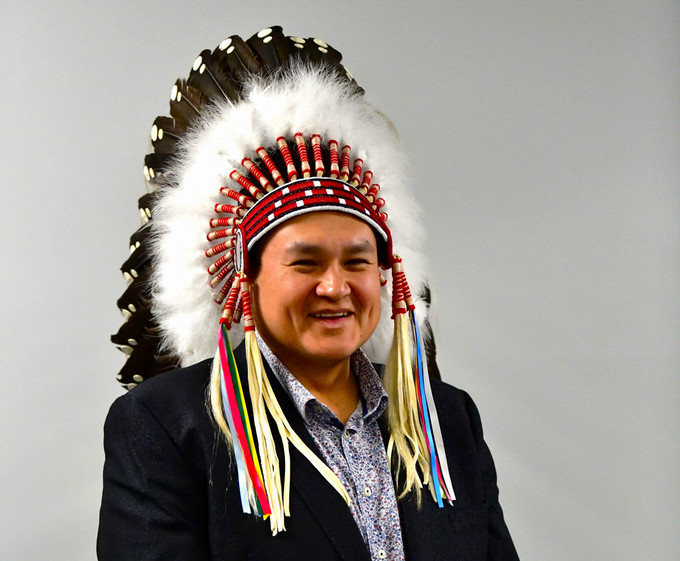
Gabriel Miller
Gabriel Miller is the President and CEO of Universities Canada. He is an experienced not-for-profit leader who has built an extensive track record in member relations, advocacy, stakeholder engagement, and public policy development over his 22-year career. Previously, he was the President and Chief Executive Officer of the Federation for the Humanities and Social Sciences.Prior to joining the Federation, he served in a series of senior roles with the Canadian Cancer Society, culminating as Vice-President of Public Issues, Policy and Cancer Information, and at the Federation of Canadian Municipalities. Gabriel has extensive experience building public dialogue on complex issues such as end-of-life and palliative care, directed successful national campaigns, and been a leader in highly effective coalitions, including one that led to the federal ban on asbestos announced in 2016 and the 10-year national infrastructure plan announced in 2013. He is an experienced media spokesperson who has appeared in major national television news broadcast organizations and leading Canadian newspapers. Previously, Gabriel was the Government and Media Relations Director of the Federation of Canadian Municipalities, which represents big city mayors and municipal governments across the country.
Gabriel holds a BA in Philosophy from Queen’s University and has served as a member of several not-for-profit boards as well as on the Government of Canada’s Diamond Jubilee Advisory Committee.
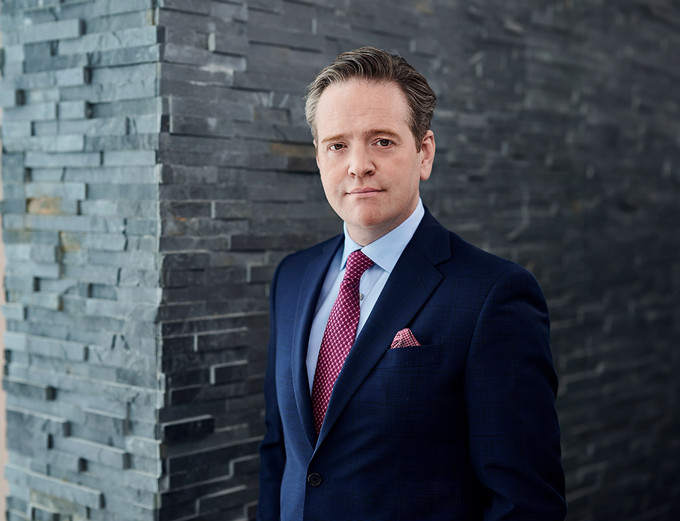
Dr. Lynn Wells
Dr. Lynn Wells is a Canadian scholar, teacher and university leader, with nearly 20 years of experience in senior academic leadership positions. In April 2024, Dr. Wells became the 12th President and Vice-Chancellor of Laurentian University in Sudbury, Ontario, Canada.
Dr. Wells served as Provost and Vice-President Academic at Brock University from 2020 to 2023, where she also held a concurrent appointment as Interim President and Vice-Chancellor for fifteen months. Prior to 2020, she was the inaugural Associate Vice-President, Students and Teaching at MacEwan University in Edmonton and held senior positions at the University of Regina, including Acting Dean of the Faculty of Arts and Associate Vice-President Academic. For seven years, Dr. Wells worked directly with Indigenous people and communities through her service as Vice-President Academic and Special Advisor to the President at First Nations University of Canada.
As a leader, Dr. Wells has demonstrated her commitment to key issues such as national reconciliation, equity, diversity, inclusion, and accessibility. Dr. Wells is a respected scholar in her field of Contemporary British Fiction, having published two books and numerous articles. She holds a Master’s in English and a B.A. Honours (summa cum laude) in English and French Studies from York University, along with a PhD in English from Western University.
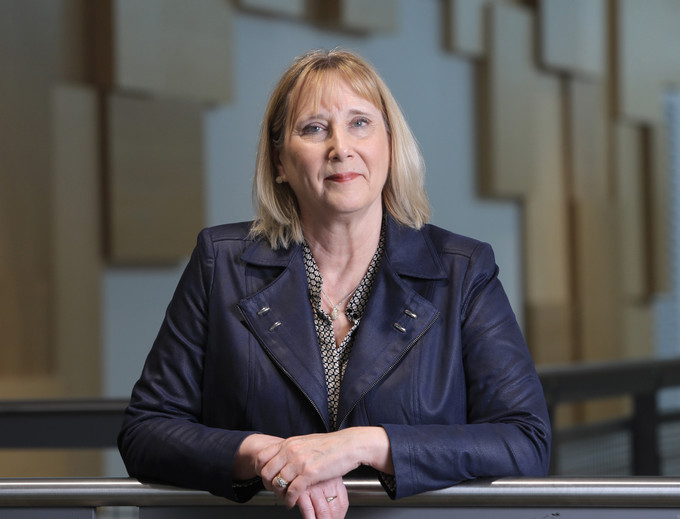
Dominic Beaudry
Dominic Beaudry is currently the Associate Vice-President of Academic and Indigenous Programs at Laurentian University. His work with the Office of Academic and Indigenous Programs currently includes advocating, expanding and revitalizing Indigenous Courses and Programs while taking an interdisciplinary approach for delivery. He supports the equity, diversity and inclusion planning the school has been working to improve. His previous work includes Professor of Indigenous studies at Seneca College, Education Officer with the Student Achievement Division at the Ministry of Education, and Education Director with the Wikwemikong Board of Education.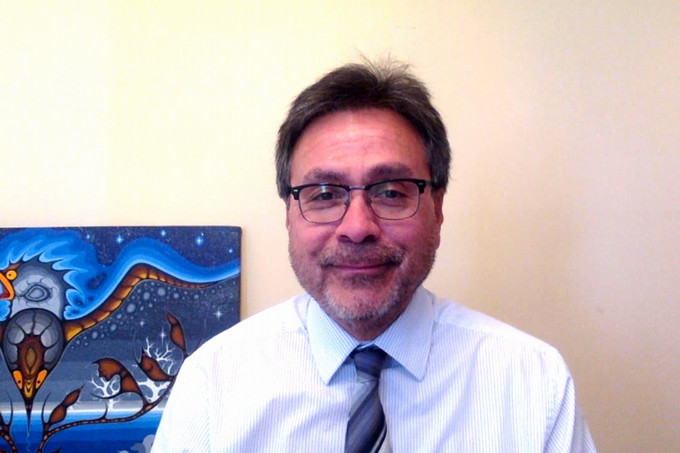
Eugene Arcand
A Cree from the Muskeg Lake First Nation in Saskatchewan, Eugene Arcand spent nine years at the St. Michael Indian Residential School in Duck Lake and two years at the St. Paul’s Lebret Students Residence, both in Saskatchewan.
First Nation Sports Hall of Fame inductee, Mr. Arcand has dedicated much of his time to organizing regional and national events, including First Nations sports events, cultural events, tourism events, and events geared to the advancement of First Nations youth.
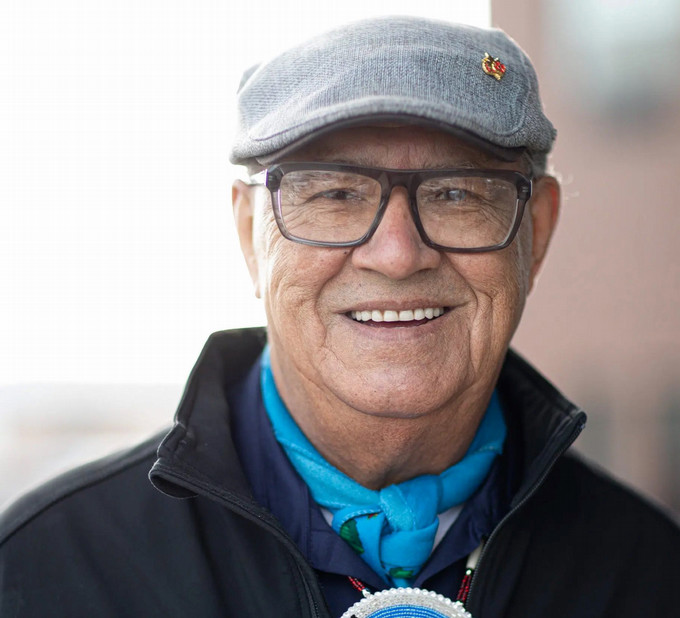
Peter Brass
I am the Art Collections Manager at the First Nations University of Canada. At the FNUniv I also work with students tanning animal hides. I am also a writer and director that works mainly with short film and documentary.
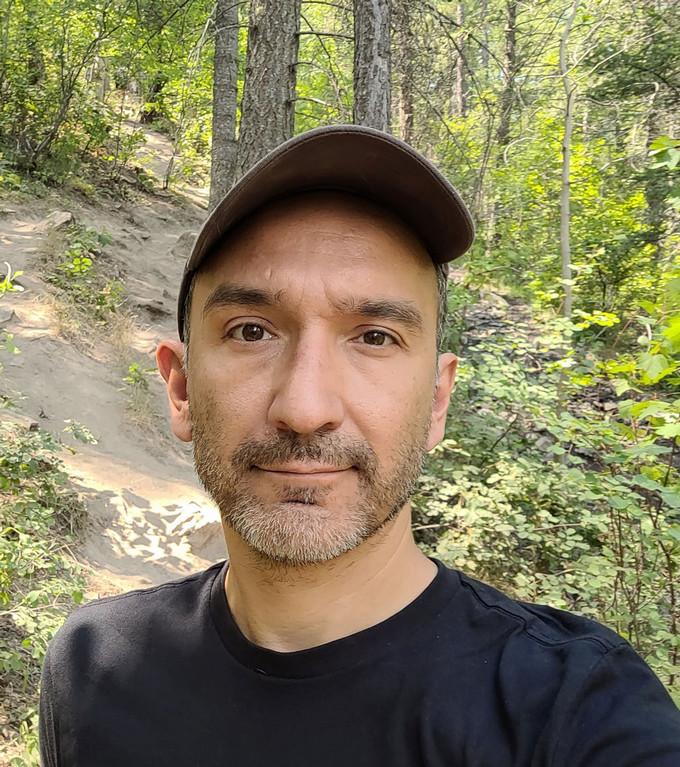
Dr. Kathy Walker
Dr. Kathy Walker (wiya*/she) is nêhiyaw iskwêw with Métis, Saulteaux and Nakota lineages and grew up on the Okanese First Nation in Treaty Four territory. She is a proud mother, auntie and kokum (great aunt) who has spent most of her professional life working in government, academia and for non-profits. A lifelong learner, she holds multiple degrees, including master’s degrees in business administration and political science, as well as a PhD in Political Science. Most recently, Dr. Walker worked in academia as an Assistant Professor in Political Studies at the University of Saskatchewan.
She is an OCAP certified researcher with the First Nations Information Governance Centre and her research and work is informed by her lived experience and commitment to advancing public education, policy and community development grounded in truth, reconciliation and the resurgence of Plains Indigenous governance, including Treaty understanding as recorded by First Nation oral traditions, histories and kisêyiniwak or ‘Elders.’
Dr. Walker also is currently working to learn nêhiyawêwin (the Plains Cree language).
*Cree third-person inclusive pronoun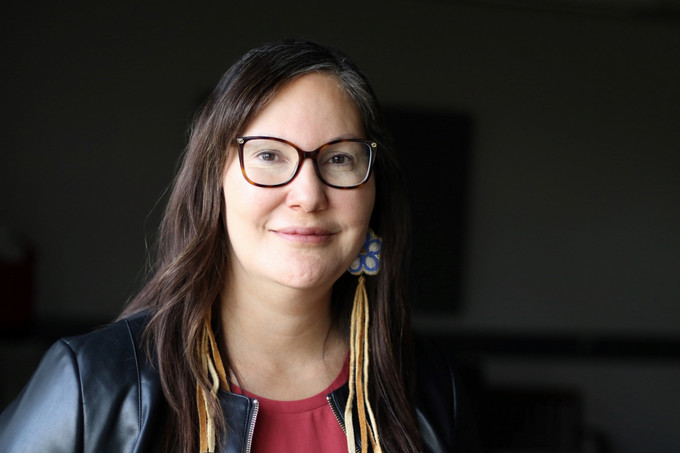
Chief Wilton Littlechild
Anyone aware of the work, life, and growing legacy of J. Wilton Littlechild will know that he is a significant leader in international Indigenous law and the pursuit of reconciliation between Indigenous peoples and the country of Canada.
Known fondly as “Willie”, Littlechild is an honorary Cree chief, lawyer within the Ermineskin reserve, and fervent advocate for sports and education. Alongside holding many significant leadership positions, Willie contributed to writing the United Nations Declaration on the Rights of Indigenous Peoples (UNDRIP), was a Member of Parliament for Wetaskiwin, and continues to be a critical leader in Canada’s journey towards Truth & Reconciliation.
In 2006, Littlechild was given the Distinguished Service Award from the Canadian Association of Former Parliamentarians. He was appointed to the Truth & Reconciliation Commission in 2009 and over six years, was part of a team that collected over 7,000 video statements of people’s experiences in residential schools.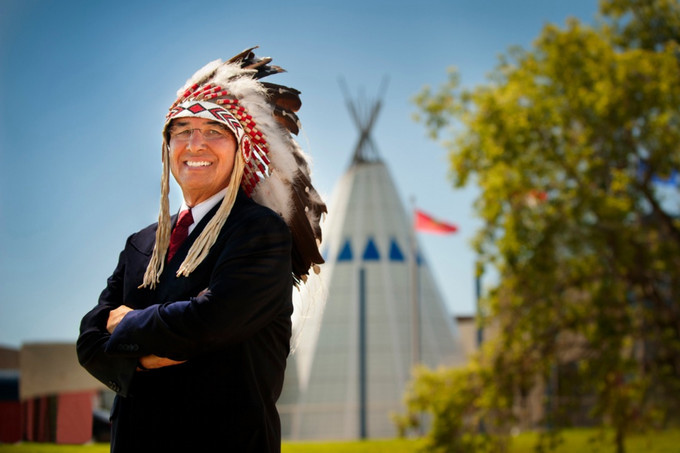
Max FineDay
Max FineDay is the CEO of Warshield, a consulting firm specializing in government relations and policy development. He assists Chiefs, CEOs, and governments in solving complex problems and getting things done.
As CEO of Warshield, Max has provided insights on Indigenous politics to media outlets, including The Canadian Press, National Post, and Toronto Star.
In 2018, he was appointed to the inaugural National Council on Reconciliation alongside former Commissioner Littlechild. In this role, he contributed to crafting the scope, mandate, and legislation for the Council. Max regards this experience of learning directly from the TRC Commissioners, and other Indigenous leaders, as one of the foundational moments of his life.
Max currently resides in his community of Sweetgrass First Nation, where he is a favourite uncle to many nieces and nephews.
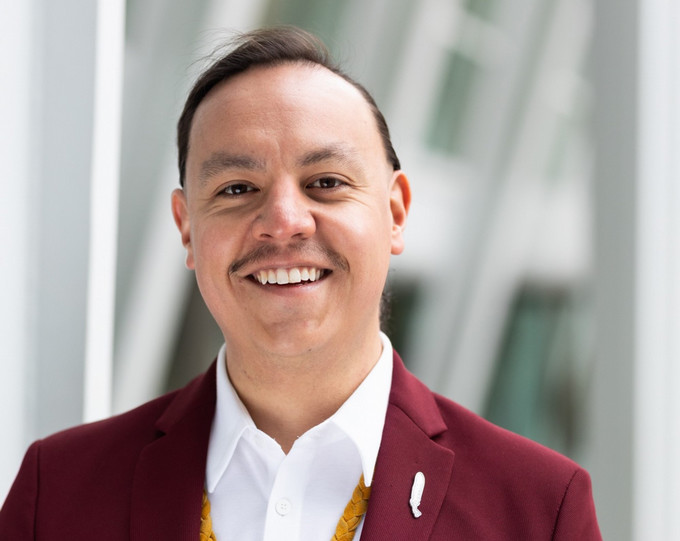
Sherry Saevil
Sherry is a member of Mistawasis nêhiyawak and an Alumni from University of Saskatchewan. She has dedicated her career to challenging systemic barriers and seeking justice for Indigenous communities in Canada.
Sherry has worked with First Nations communities and organizations over the last 30 years in a variety of roles from a historical researcher, historical writer, policy analyst, Law coordinator and Assistant Director of Lands and Resources for Six Nations of the Grand River Territory.
Currently Sherry is the Indigenous Education Advisor with the Halton Catholic District School Board. She is a passionate advocate for First Nations, Metis and Inuit Education and believes that Reconciliation is possible through Education. Sherry was on the Audit, Finance & Risk Committee for the Board of Governors.
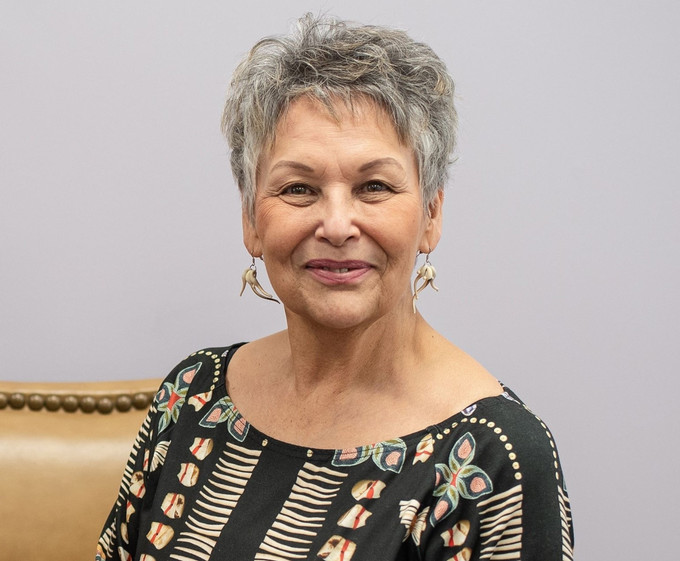
Cadmus Delorme
Cadmus Delorme, a Cree and Saulteaux (pronounced: sow-toe), is a citizen of the Cowessess (pronounced: Cow-is-ess) First Nation.
- Mr. Delorme was an elected Chief from 2016 to 2023.
- In 2023, Mr. Delorme received an honorary degree from the Saskatchewan Polytechnic Institution.
- In 2021, he achieved an Institute of Corporate Director designation.
- In 2016, he achieved a Masters of Public Administration from the Johnson- Shoyama (pronounced: Shoi-ama) Graduate School of Public Policy.
- And, in 2013, Mr. Delorme achieved a Bachelor of Business Administration along with a Certificate in Hospitality, Tourism and Gaming Entertainment Management from the First Nations University of Canada (FNUniv).
- In 2012, Mr. Delorme was awarded the Queen Elizabeth II Diamond Jubilee Medal for his student leadership and the hospitality he showed to King Charles III and his Queen Consulate Camilla when they visited First Nation University of Canada in 2012.
- In 2022 Mr. Delorme was awarded the Queen Elizabeth Platinum Jubilee.
- In 2015 Mr. Delorme was named one of CBC Saskatchewan’s Future 40, which celebrates the province’s new generation of leaders, builders, and change-makers under the age of 40.
While Chief, Mr. Delorme’s focus was on three pillars: cultural rejuvenation, political sovereignty, and economic self-sustainability. During the seven years in office, Cowessess First Nation advanced in governance stability, child welfare reform, renewable energy projects, agriculture, property management, and more.
In April 2023, Mr. Delorme chose to not run for a third term and soon after became a founder and Partner to OneHoop Advisory Services and founder and Partner to Flowing River Capital Group, which focuses on enhancing the private equity market through Truth and Reconciliation Call to Action #92: Business and Reconciliation, and #57: Professional Development.
Mr. Delorme and his wife Kimberly raise his brother-in-law, daughter and two sons in Regina and on the Cowessess First Nation.
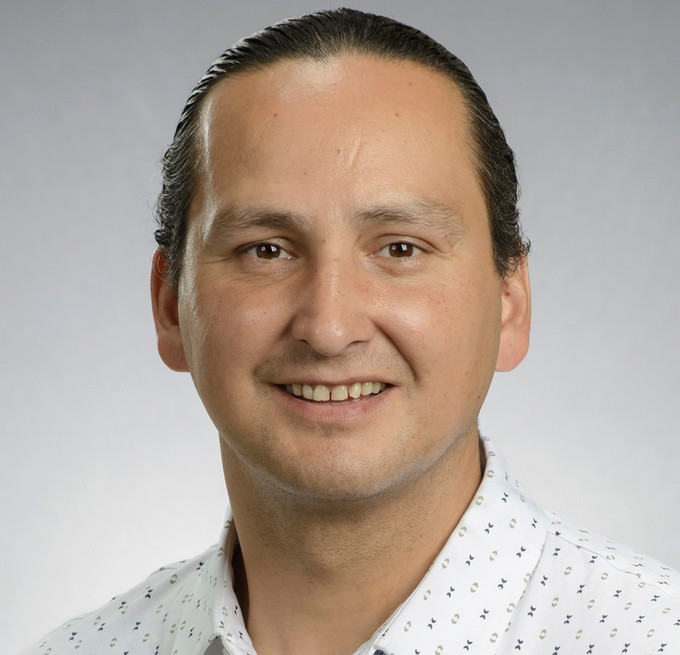
William Prince
Guided by a practical yet profound gratitude, William Prince’s songs convey the power of wonder and humility. A masterclass in skilful simplicity, Prince’s songwriting is grounded in a balance between the personal and the universal, his own moments of self-discovery and the larger questions we face together.Over four albums, William Prince has created a body of work that traces a remarkable journey. On his most recent, Stand in the Joy, produced by Dave Cobb, William Prince finds himself exactly where he needs to be. Stand in the Joy, released in 2023, won the JUNO Award for Contemporary Roots Album of the Year. Prince was also nominated for Americana Honors & Awards Emerging Act of the Year, Folk Alliance International Album of the Year, and JUNO Award Songwriter of the Year.
Prince’s career trajectory is marked by numerous accolades and milestones including an opening slot for Neil Young, tours with The War and Treaty, Yola and Katie Pruitt, two Tiny Desk sessions, a debut at The Grand Ole Opry and a Newport Folk Festival debut as the recipient of the John Prine Songwriter Fellowship. From national network television appearances, top tier media coverage and performances at major international festivals, William Prince has become one of the country’s most beloved and celebrated songwriters.
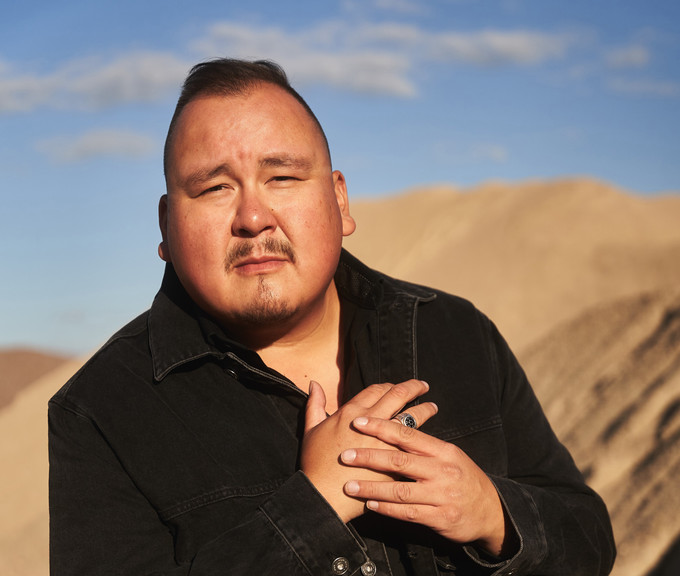
Preston Littletent
Preston Littletent is immersed in the lifestyle and travel of Powwow. He has been everywhere across Canada and the United States. Preston has participated in a lot of ceremonies over the last 30 plus years including sweat lodge, round dance, pipe ceremony, and feasts, not to mention, Powwow.
Although born and raised in Regina, he spent a lot of time in the countryside as a member by way of his father of Kawacatoose (Cree) First Nation and Preston has relations from his mother’s family with Muscowpetung (Saulteaux) First Nation. Both nations are located in Treaty 4 Territory.
Since the 1980s, Preston and his family have participated in Powwow and Spiritual Institutes. From his parents, he learned the value of staying a humble, pitiful person by way of following the Ancestors and the old ways of the land which are natural to him and are highlighted throughout the many seasons he explores through participating in Powwow. His knowledge was gathered by growing up in the Cree way of life talking, praying, and singing which helped him to respect and balance his own path.
Preston has built his reputation as a strong leader with his talent, energy and ability to connect to others through his desire to observe and understand. He has a clear belief Powwow is embodied by four components: praying, singing, dancing and having fun.
Preston understands Powwow is key in Indigenous communities as it brings everyone together to celebrate life and to heal. When he was 14 years old, he was awarded a Powwow title of FSIN Warrior as Youth representative, and he is still recognized as a lifetime warrior. At Powwow events, when he is not dancing, Preston acts as emcee for the third generation of Eagle Claw Dance Troupe performers.
Preston speaks to Youth as a Knowledge Keeper for Regina Catholic School Division. He also serves on three different Elder Boards including RCSD, University of Regina and RT/SIS The Gathering Place.
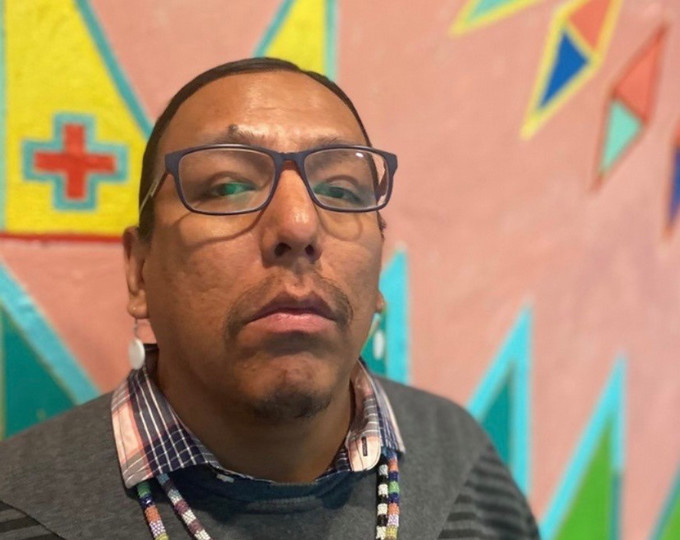
Joely BigEagle-Kequahtooway
Joely BigEagle-Kequahtooway is an inter-disciplinary land-based buffalo artist. She is a fashion and textile designer, visual artist, beader, storyteller and co-founder of the Buffalo People Arts Institute. She is Nakota/Cree/Saulteaux from the White Bear First Nations - signatory to Treaty 4. She has degrees in Civil Engineering from the University of Calgary and Mathematics from the First Nations University of Canada.
Joely obtained her Master of Fine Arts degree in May 2024 from the Institute of American Indian Art in Santa Fe, New Mexico. She loves to incorporate mathematics and geometry in her artwork and is inspired by the perfect symmetry in nature. Her mantra envelopes everything Tatanga (Buffalo) as it connects her to ancestral memories, the land and is the manifestational glue that keeps her world together.
BSc – Mathematics, FNUniv 1995
BSc – Civil Engineering University of Calgary 2004
MFA – Institute of American Indian Arts, Santa Fe, NM 2024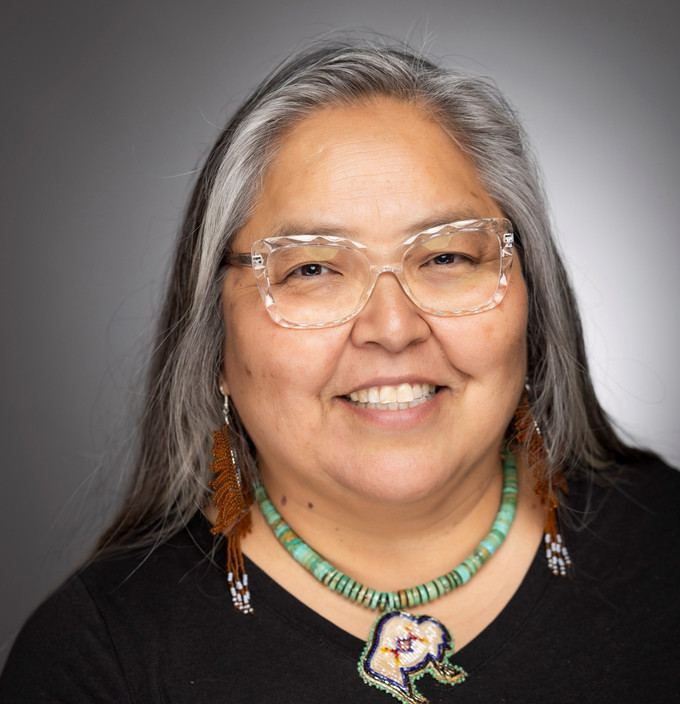
Dr. Verna St. Denis
Dr. Verna St. Denis, Professor Emerita of Education at the University of Saskatchewan, former Special Advisor to the President at University of Saskatchewan on Anti-Racism and Anti-Oppression, January 2021, to January 2025. Taught undergraduate and graduate courses in integrated anti-racist education in the Department of Educational Foundations, 1992-2022. Dr. St. Denis is both Metis and Cree, and member of Beardy’s and Okemasis First Nation, Treaty #6. Completed a BEd. (with distinction) U of S in 1982, Master of Arts, University of Alaska-Fairbanks, 1989 and a Ph.D. in Education at Stanford University, 2002, Fulbright Scholar, 1994.
Conducted extensive research on the personal and professional experiences and knowledges of Indigenous teachers working in Canadian public schools. Co-author, Bergen, J., Hantke, S. and St. Denis, V., (2023). Contemporary Challenges and Approaches in Anti-Racist Teacher Education, Oxford International Encyclopedia of Education. Co-author, Hantke, S., St. Denis, V. & Graham, H. (2022).
Racism and antiracism in nursing education: confronting the problem of whiteness. BMC Nurse 21, 146 (2022). Winner of the R.W.B. Jackson Award – Most Outstanding Journal Article, Canadian Educational Researchers’ Association, May 2008. Author of most widely circulated journal article: “Silencing Aboriginal Education through Multiculturalism”, 2011. Researcher and co-producer of SSHRC funded film: Finding and Understanding Our Way: Decolonizing Canadian Education, 2021. Co-editors and author with Dr. Amanda Gebhard and Dr. Sheelah McLean, White Benevolence: Racism and Colonial Violence in the Helping Professions, Fernwood Press, best-selling for 2022-2023.
Engaged in research titled: “How school leaders narrate their personal and professional engagement with anti-racist education?” Recently completed a research report for the Institute of Indigenous Peoples Health Research (IIPHR) of the Canadian Institute of Health Research (CIHR), titled, Researching Ourselves to Life: Improving Canadian Institutes for Health Research funding for Indigenous health research (St. Denis & Hantke, 2025). Appointed by the Government of Canada to the Saskatchewan Federal Judicial Advisory Committee, Fall 2022-2024 and recently reappointed for a second term. Member, Equity, Diversity and Inclusion Advisory Committee to the Deputy Minister, Innovation, Science and Economic Development, 2024-25.
Dr. Verna St. Denis just recently received The King Charles Coronation Medal (Universities Canada) and Distinguished Professor Award (University of Saskatchewan).
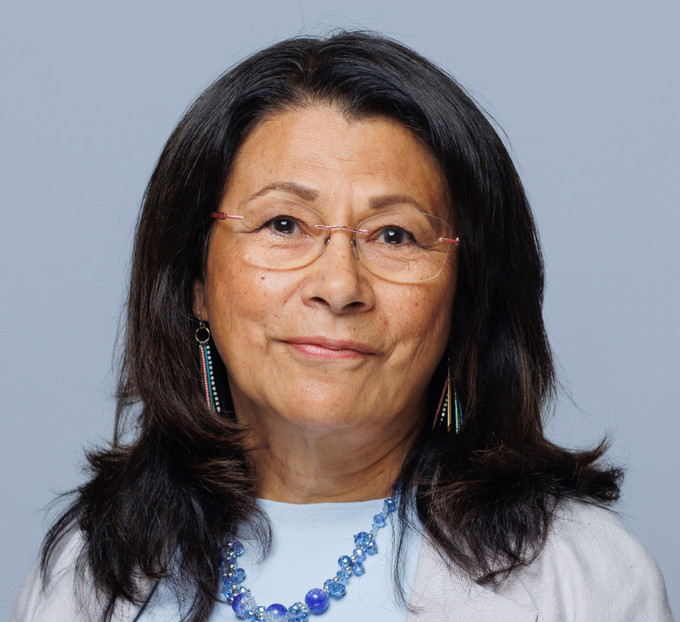
Dr. Jacqueline Ottmann
Dr. Jacqueline Ottmann (mizowaykomiguk paypomwayotung; thunder that can be felt over a large landscape) is Anishinaabe (Saulteaux) from Fishing Lake First Nation in Treaty Four, Saskatchewan. In 2021, Dr. Ottmann accepted the role as President of First Nations University of Canada, Canada’s only national Indigenous university. She is a purpose-driven leader that has dedicated her life’s work in service to Indigenous education. Often described as a listener and strong leader Jackie’s leadership is guided by Indigenous knowledges – ways of being, knowing, and doing.
Dr. Ottmann has contributed to all levels of education as an elementary and high school teacher, a school principal, and within post-secondary institutions. At the University of Calgary, Ottmann held various scholarly and leadership positions, including Director of Indigenous Initiatives, Program Director, and Co-Chair of the Indigenous Strategy. After 13 years at UCalgary, she became the inaugural Vice-Provost Indigenous Engagement at the University of Saskatchewan, developing the university’s first Indigenous Strategy ohpahotân | oohpaahotaan let's fly up together.
Ottmann is the first Indigenous person to become President of the Canadian Study for the Society of Education, and the founder of Thrivance: Journal of Indigenous Ways of Being, Knowing, and Doing. Jacqueline’s research interests include leadership, change management, organizational theories and practices, and strategic development. She has been recognized as an international researcher, advocate, and change-maker whose purpose is to transform practices inclusive of Indigenous methodologies and pedagogies.
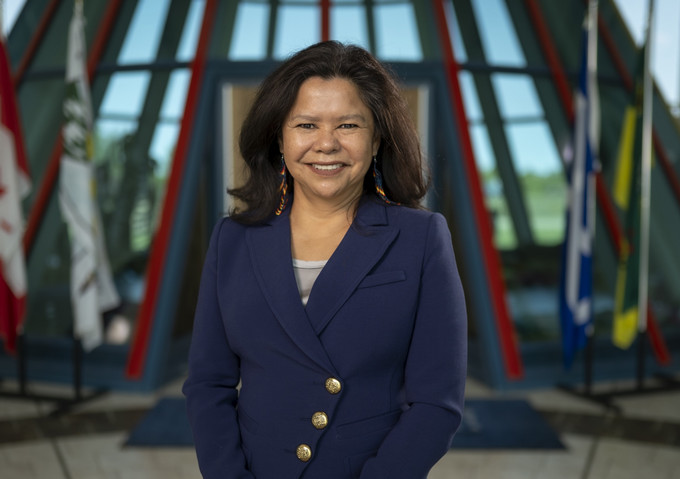
Dr. Jeff Keshen
Dr. Jeff Keshen is the University of Regina’s eighth President and Vice-Chancellor, having assumed the role on July 1, 2021.He holds a doctoral degree from York University with a research concentration in the history of war and conflict. He is the author of five books, more than 25 scholarly articles, and has edited 11 books.
Prior to joining the University of Regina, he served as Vice-President of Memorial University of Newfoundland and Labrador’s Grenfell Campus in Corner Brook, Dean of the Faculty of Arts at Mount Royal University, and Chair of the Department of History at the University of Ottawa.
Throughout his teaching, research, and administrative career, Dr. Keshen has emphasized the important role universities play in helping build and maintain dynamic and healthy communities at the local, regional, national, and international levels.
During his tenure at the University of Regina, the University has launched its first-ever Indigenous Engagement Strategic Plan, as well as its first Indigenous Procurement Strategy – two living documents that are helping transform the institution and its relationship with Indigenous communities.
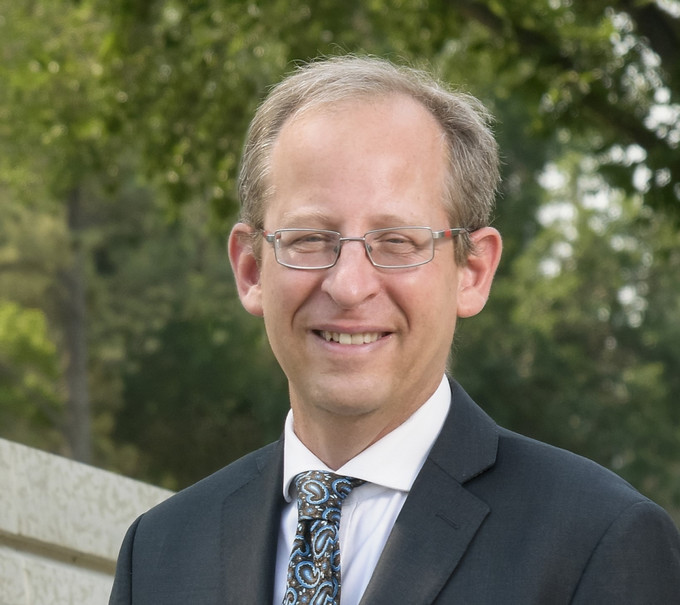
Dr. Chris Yost
Dr. Chris Yost is Vice-President (Research) and a full professor within the Biology Department at the University of Regina. From 2007 to 2017 he was a Canada Research Chair in Environmental Microbiology. He is the co-Director of the Institute for Microbial Systems and Society, where he supervisors a diverse team of undergraduate, and graduate student researchers. In addition to maintaining an active research lab that uses genomic technologies to study agriculturally relevant interactions between microbes and plants, he has had a long-term commitment to serving the University in supporting its research enterprise.
Dr. Yost was the chair of the Council Committee on Academic Mission and the chair of the Council Committee on Research. He also has national experience in research policy work, and was a member of NSERC’s Committee on Discovery Research while serving as a Group Chair for NSERC’s Discovery Grant program. He served the Canadian Society of Microbiologists in leadership positions for many years. Prior to coming to the University of Regina in 2003, Dr. Yost was a research scientist with Agriculture and Agri-Food Canada at the Lacombe Research Centre and later worked internationally as a research associate at the University of Aarhus in Denmark.
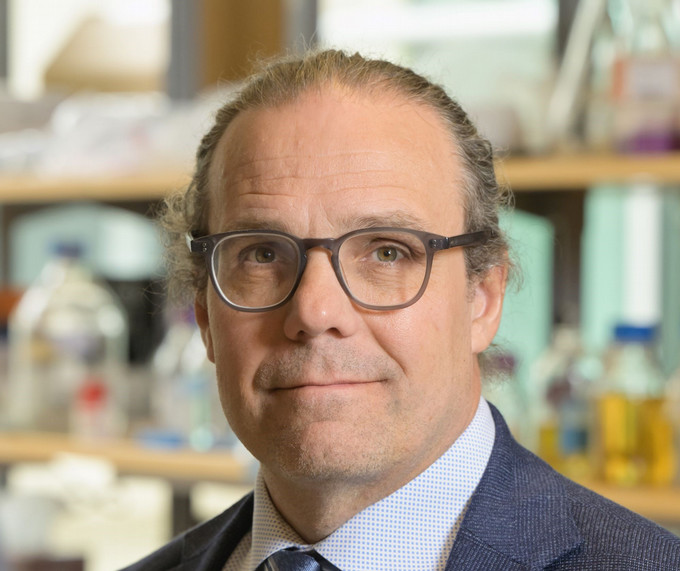
Lori Campbell
Lori holds a Master of Adult Education and two Bachelor’s degrees in Indigenous-related fields, and she is pursuing a PhD in Social Justice Education at OISE, University of Toronto, focusing on Indigenous Women’s Leadership in Higher Education Administration. Her lived experiences and deep understanding of Indigenous cultures enrich her public speaking, guest lecturing, and research.
As an influential thought leader, Lori has published book chapters and presented at international conferences on Indigenous education. Her dedication to equity has earned her awards such as the 2021 Women of Inspiration Indigenous Leader Award, the 2023 Queen Elizabeth II Platinum Jubilee Medal for Community Engagement, and the 2023 National Indspire Award for Leadership in Education. Passionate about storytelling, she champions Indigenization, decolonization, and reconciliation to foster a just, inclusive society.
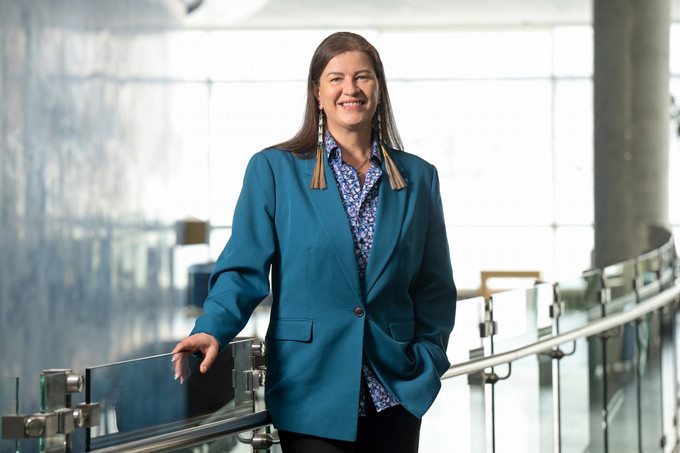
david Gregory
Dr. david Gregory has been serving as Interim Provost and Vice-President (Academic) at the University of Regina since June 2024. He previously served in the role from 2020 to 2023 and provided excellent, collegial and sage leadership through the COVID-19 pandemic and its challenging medical, social and economic impacts.
Dr. Gregory commenced employment at the University of Regina in 2011 as the Founding Dean, Faculty of Nursing. In addition to establishing the Faculty, he was responsible for enacting two collaborative nursing programs with Saskatchewan Polytechnic; The Saskatchewan Collaborative Bachelor of Science in Nursing program, and the Collaborative Nurse Practitioner Program (online master’s degree).
A graduate of the University of Ottawa (BScN) and the University of Manitoba (MN), he holds a PhD in nursing from the University of Arizona. He was accorded the title Dean Emeritus from the University of Manitoba where he served as Dean, Faculty of Nursing from 1999 to 2004. As a visiting professor, Dr. Gregory taught Qualitative Research Methods at the University of Hong Kong.
Dr. Gregory’s PhD dissertation served as the basis for Cancer Stories: On Life and Suffering (McGill-Queens Press). He was also the lead editor on a national nursing textbook, Fundamentals: Perspectives on the Art and Science of Canadian Nursing (2nd Edition, 2020). Dr. Gregory is a Fellow of the Canadian Academy of Health Sciences, the only registered nurse in the province to hold this honour. Dr Gregory's scholarly interests include qualitative research methodologies, Indigenous health and education, and topics related to medical anthropology.
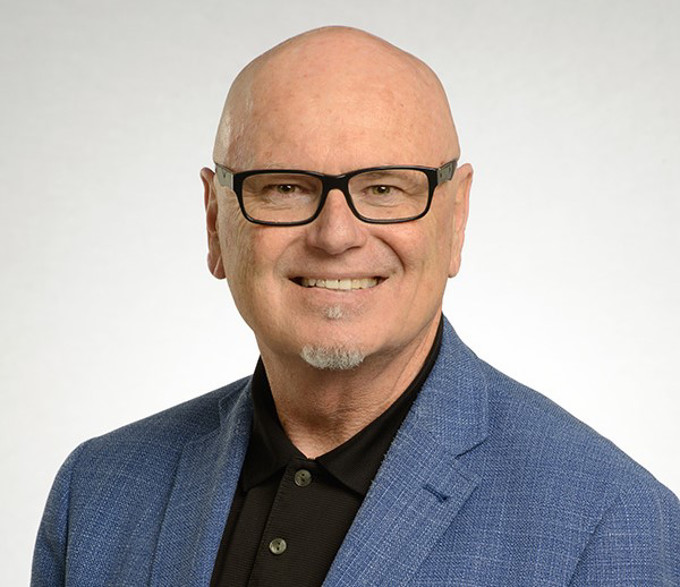
Colleen Charles
Colleen J. Charles is a Woodland Cree from the Lac La Ronge Indian Band, raised in La Ronge, Saskatchewan. She is a mother, grandmother, educator and an Indigenous artist. As an Indigenous scholar, Colleen has taught Indigenous Studies courses for university students over the past seven years.
Currently, she is an Indigenous Studies Instructor for the First Nations University of Canada at the Northern Campus in Prince Albert, SK. Colleen incorporates an interactive art workshop called Reconciliation on Canvas that encompasses the brief historical and contemporary contexts of Canadian Indigenous peoples. This is a form of healing through art.
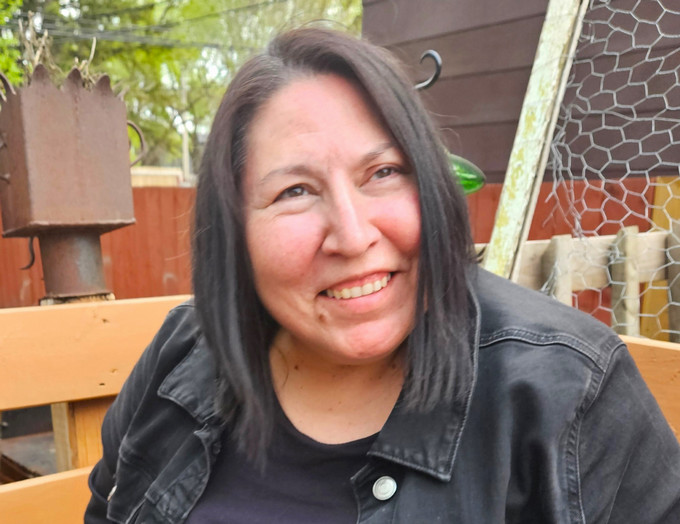
Zoey Roy
Zoey Roy (Nêhithaw-Denesuline Métis) is a renowned spoken word poet, educator, and community-based artist from Saskatoon, Saskatchewan. She has performed globally, including at the 2021 World Expo in Dubai, and collaborated with symphonies across Canada. Living with c-PTSD and ADHD, Zoey credits poetry with helping her navigate life’s rhythms and inspire change.
Through Sound Scholars, she engages youth in songwriting, and her Medicine Songs project highlights Indigenous grandmothers’ voices through rap and music videos. A passionate advocate for Indigenous representation in TV and film, Zoey holds multiple degrees and is completing a PhD in Education. She lives in Ottawa with her family.
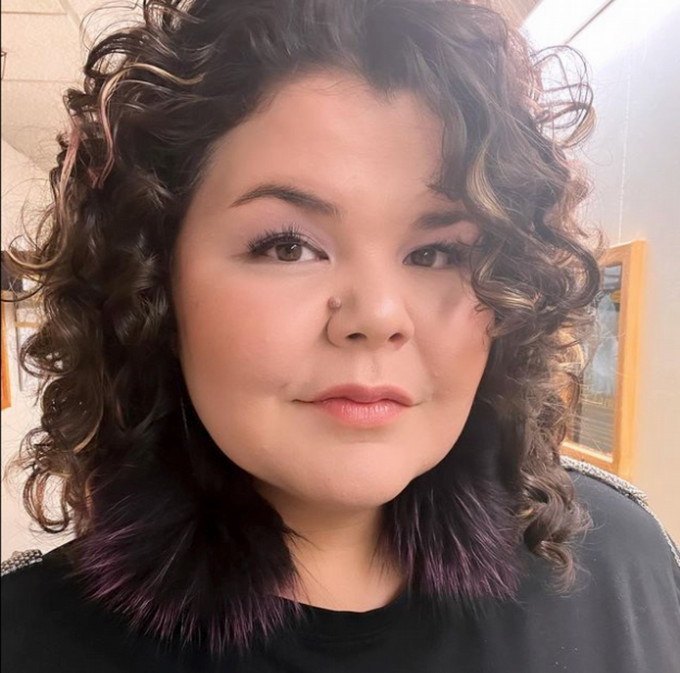
Delaney Cox
Delaney is a graphic recorder and illustrator based out of Vancouver, BC! Commonly equipped with tea, a podcast and questionable posture, Delaney has been drawing for as long as she can remember. Having been a part of the ThinkLink Graphics team since 2022, she has loved learning the art of translating knowledge, story and experience into visual language.
From this work, Delaney has had the opportunity to work extensively with Indigenous communities, environmental organizations, creative companies and multiple facets of the Canadian health care and education sectors - to name a few. When she’s not creating, Delaney is out walking her favourite trails (typically one full of dogs), watching the latest docuseries, and plotting her next travel adventure!
